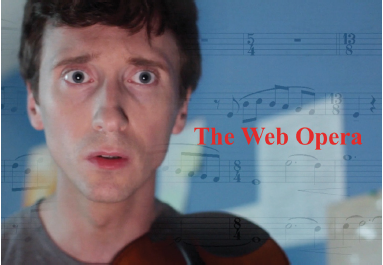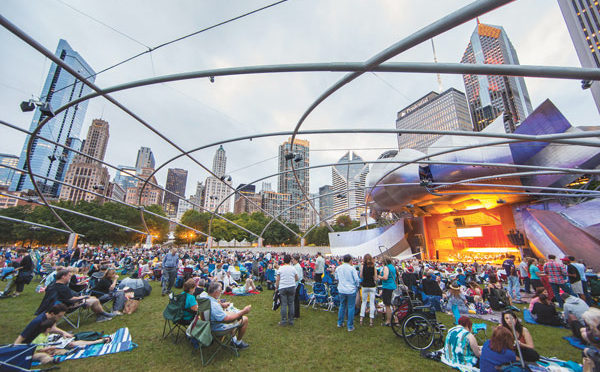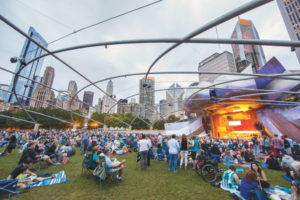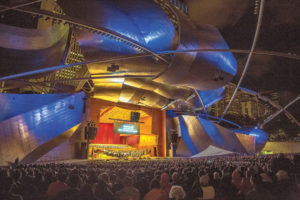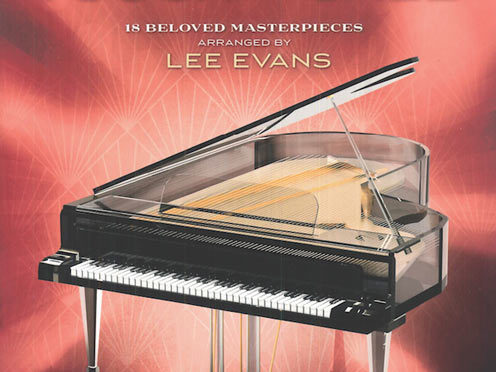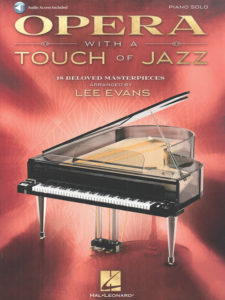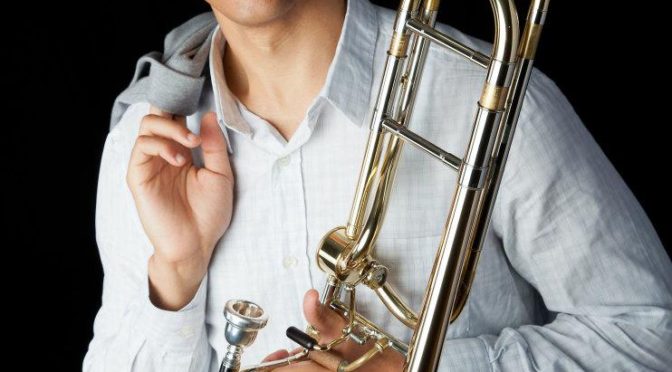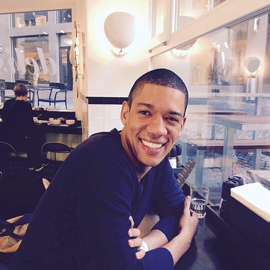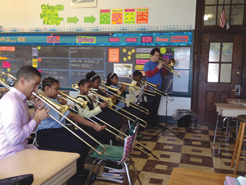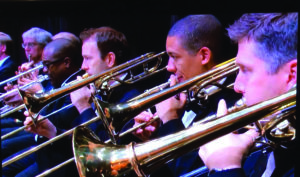Failing to pay its own musicians since the beginning of the COVID-19 pandemic, the Metropolitan Opera has hired non-Metropolitan Opera musician ensembles for Met produced events and fundraisers. Most recently, the Met hired European string musicians for a New Year’s Eve gala streamed from Germany.
“All of these fundraising events can—and should—be done safely right here in New York with members of the Met orchestra,” says Local 802 (New York City) President Adam Krauthamer. “The deepest offense any artistic institution can make is the choice to attack its own artists. Put simply, Met General Manager Peter Gelb has created a cultural bait-and-switch: The audience sees a fundraiser produced by the Metropolitan Opera and naturally thinks that members of the Metropolitan Opera orchestra are the performing musicians, yet the reality is that the Met musicians are at home, unpaid and exploited.”
In a statement, the musicians of the Metropolitan Opera wrote, “There is no reason why these gala events need to take place in Europe. There are star singers on American soil too … and we can work together to showcase the Met, while helping each other in the process.”
The Governing Board of The International Conference of Symphony and Opera Musicians (ICSOM) also issued a statement, saying, “In abandoning his own musicians and hiring non-Met musicians for virtual fundraising events, Gelb is abandoning his responsibility to his employees and deceiving the patrons and donors who believe they are supporting the continuing artistry of the Metropolitan Opera.”
The Metropolitan Opera is the only top-tier ensemble in the US that has provided no compensation to its musicians since the pandemic began. Gelb has stated that the future of the company depends on cutting expenses until audiences have fully returned; however, no constructive dialogue has taken place with musicians regarding long-term solutions.
Additionally, in December, Met management locked out the company’s stagehands and threatened to hire outside shops to construct sets.


